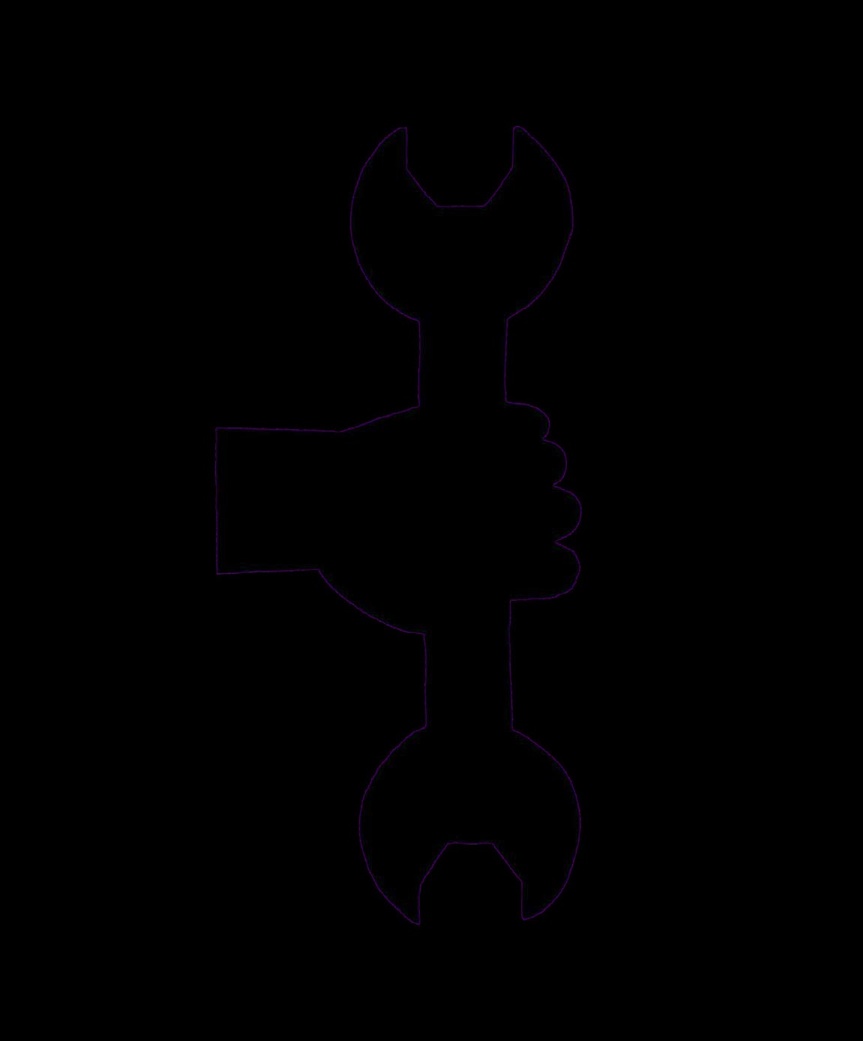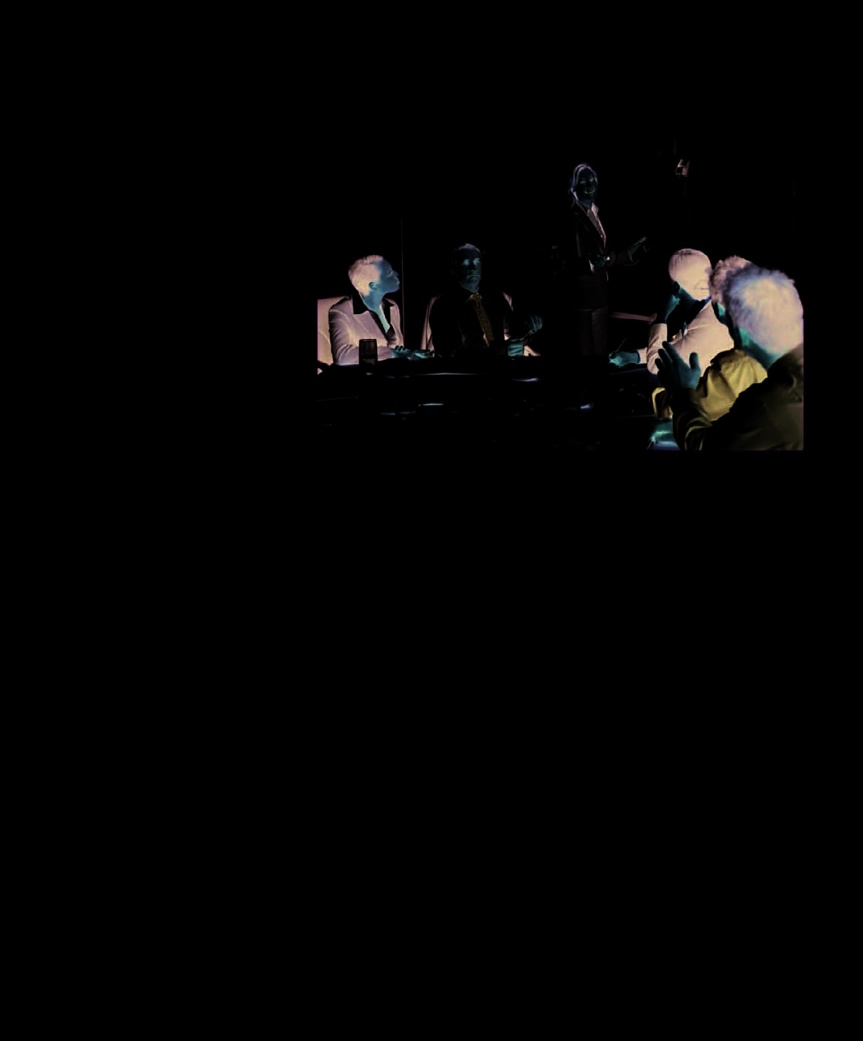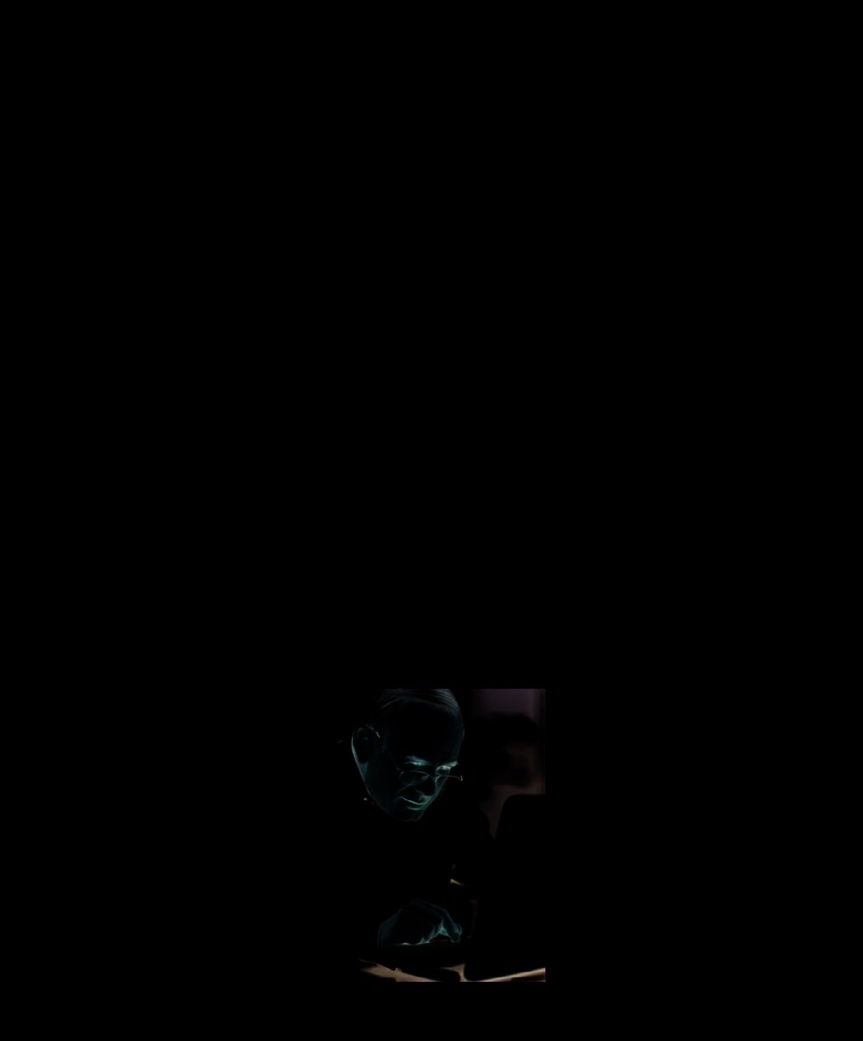The Psychology Book (69 page)
Read The Psychology Book Online
Authors: Unknown

advertising, which began to play
to the fore, and the work of social
are sometimes blamed for what
an increasingly important role in
psychologists such as Janet Taylor
happens to them, and Elliot Aronson
modern society. Mass media and
Spence did much to alter attitudes
explained that apparently aberrant
advertising in turn had a growing
toward women, while others
behavior could be the result of
effect on social structures,
used Lewin’s process of social
circumstances rather than insanity.
prompting theories of social
transformation to bring
More controversially, especially at a
constructivism by psychologists
about organizational changes.
time when the atrocities of World
such as Serge Moscovici.
Theories and models pioneered
War II were still fresh in people’s
As a result, social psychology
by social psychologists are now
minds, experiments by Stanley
has rapidly become more
used by business, industry, and
Milgram and Philip Zimbardo
applicable to many different
all kinds of social organizations,
showed just how far the need to obey
situations. It has influenced other
and more recently have been
and conform affects our behavior.
areas of psychology—in particular
adopted as a means of achieving
psychotherapy, through William
social and political reform in
Applying psychology
Glasser’s “reality therapy.” It has
societies suffering from
The advent of cognitive psychology
also impacted on other disciplines,
oppression, most notably in
brought a new influence on social
including sociology, anthropology,
the “Liberation Psychology”
psychology. The effects of cognitive
and even politics and economics.
espoused by Ignacio Martín-Baró. ■

YOU CANNOT
UNDERSTAND
A SYSTEM UNTIL YOU TRY TO
CH
KURT LEWA
IN (1N
890– GE
1947)
IT


220 KURT LEWIN
IN CONTEXT
APPROACH
T
he behaviorists believed
that behavior is dictated by
the environment alone, but
in the 1920s Kurt Lewin made the
Field theory
claim that behavior is a result of
BEFORE
both the individual and the
A person who has learned
environment. His revolutionary
Early 1900s
Sigmund Freud
to see how much his own
ideas developed and evolved into
and other psychotherapists
fate depends upon the fate
the study of group dynamics that is
argue that human behavior
of his entire group will be
invaluable to organizations today.
is a result of past experience.
eager to take over a fair share
In his investigation of human
1910s
Wolfgang Köhler,
of responsibility for its welfare.
behavior, Lewin developed field
among other Gestalt
theory, which explores the forces
Kurt Lewin
psychologists, argues that
and factors that influence any given
people must be understood
situation. Lewin’s “field” refers to
holistically, according to all
the psychological environment of
of their elements and their
the individual or the collective
interactions with the
group at a particular point in time,
surrounding environment.
and he identified two opposing
forces present in any given field:
successfully, a person or organization
AFTER
helpful forces, which drive people
leader must take into account the
1958
In
The Dynamics of
toward achieving their goals, and
various influences at play both
Planned Change
, Ronald
hindering forces, which inhibit
within the minds of individuals
Lippitt, Jeanne Watson, and
movement toward these goals.
and within their environment.
Bruce Westley create a seven-
In explaining his change model,
step change theory that
Lewin’s change model
Lewin emphasizes that the entire
focuses on the role of the
Field theory provided the basis for
situation, including all the relevant
change agent rather than on
Lewin’s model of change, which
personal and environmental details,
the evolution of change itself.
offers an invaluable guide for
must be taken into account, as
successful transformation, both
focusing on isolated facts can lead
for individuals and organizations.
to a skewed perception of the
The model shows that in order
circumstances. Not only must you
to carry out the process of change
have a thorough and holistic
In order for a change of behavior
As a change occurs, more
to take place, details about both
the
key qualities and values
individual and the environment
of a system are revealed.
must be taken into account.
You cannot understand
Therefore the
change process
a system until you try
itself
offers important information
to change it.
about a system.

SOCIAL PSYCHOLOGY 221
See also:
Sigmund Freud 92–99 ■ Wolfgang Köhler 160–61 ■ Leon Festinger 166–67 ■ Max Wertheimer 335 ■
Elton Mayo 335
Successful organizational change
is engendered by making a unique
diagnosis of the people and situational
forces involved, and understanding
the interplay between them.
understanding of a situation in
order to change it, but that
understanding actually deepens
throughout the change process, and
therefore “you cannot understand a
system until you try to change it.”
Lewin’s model describes a three-
step process for achieving personal
or organizational transformation.
The first stage—which he called
“unfreezing”—involves recognizing
that change is necessary, and
dismantling old beliefs and
practices. Change occurs in the
unlearning, difficult relearning,
zone and undergo the challenge
second stage, and is often
and the restructuring of thoughts,
of learning new skills or accepting
accompanied by confusion and
feelings, attitudes, and perceptions.
a new set of beliefs. This natural
distress as the old mindset or
resistance can be overcome if the
system breaks down. The third and
Unfreezing beliefs
individual is helped to accept that
final stage, “freezing,” occurs when
The unfreezing stage is perhaps
the change is necessary, valid,
a new mindset is crystallized and
the most complex stage of the
and will lead to the best outcome,
there is an accompanying sense of
process, as people are naturally
and if support is given to engender
comfort and stability within the
inclined to resist changes to their
a feeling of psychological safety.
new framework. The process is
established mindsets and routines.
Lewin demonstrated the
difficult because it involves painful
It requires careful preparation;
positive effect of creating an
many change efforts within
environment of psychological
organizations fail simply because
safety during the unfreezing stage
employees are not adequately
(and of allowing active participation
prepared, making them more
in the change process) in his
resistant to change and less likely
efforts to convince American
to function effectively under the
housewives to serve animal organs
We all need each
new system. Preparation might
as food at home during World
other. This type of
include creating an exciting vision
War II. Historically, offal had only
interdependence is the
for change that employees can
been eaten by low-income families,
greatest challenge to
rally around, communicating it
but the American government
the maturity of individual
effectively, developing a sense of
wanted to ensure that nutritious
and group functioning.
urgency and necessity for change,
food was not going to waste during
Kurt Lewin
providing employees with support,
a time of food shortages, especially
and allowing them to participate
as kidneys, livers, and hearts
actively in the process.
are all high-protein foods. The US
On an individual level, people
Department of Agriculture called
may react to this stage defensively,
upon Lewin to help convince
not wanting to leave their comfort
housewives to include these ❯❯
